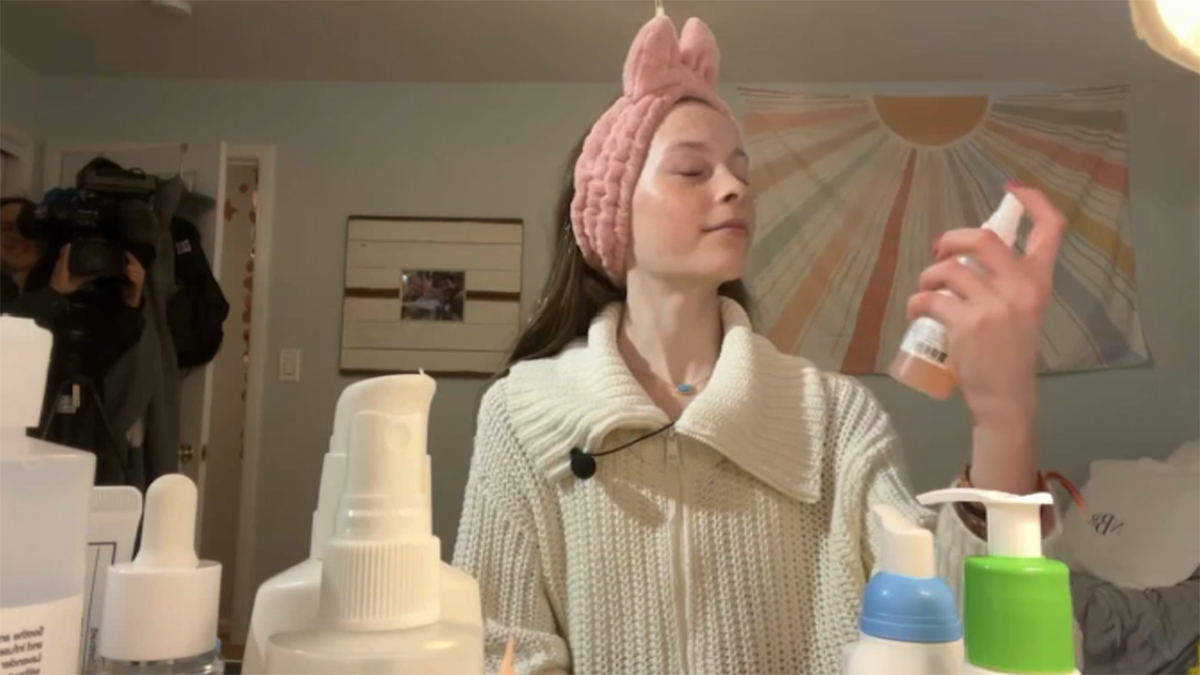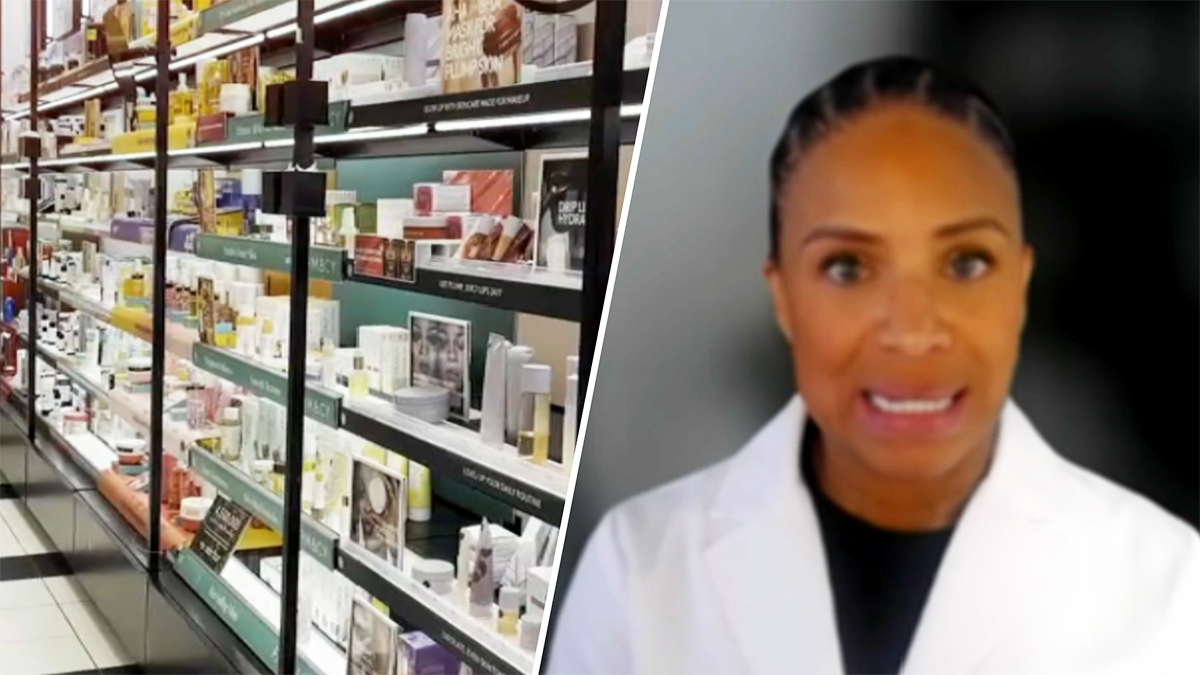Tweens and teens are flooding beauty stores and buying expensive products. News4’s Susan Hogan looks at the role social media plays in marketing to young customers.
From lotions and serums to bold scents and brightly colored packaging, skincare products now have a huge customer base among tweens.
Companies have racked up more than $9 billion in sales in the past year alone, and social media helps draw preteens in.
Stream NBC4 newscasts for free right here, right now.
“Tweens have really become an economic force. They get money as gifts. They work. There are teens who are influencers,” American University professor Sonya Grier said.
One video of Kim Kardashian’s daughter North using beauty products generated millions of views from young consumers.
We have the news you need to know to start your day. Sign up for the First & 4Most morning newsletter — delivered to your inbox daily.
“There's a huge industry of influencers that has developed specifically to focus on teens and tweens,” Grier said. “Oftentimes, it's kids of the same age. They may be celebrity children. The connection of someone that I'd like to be like with a product then says, ‘If I use that product, I can be like them.’”
The marketing professor said companies are specifically targeting a younger demographic with money to burn.
Nearly 1 in 3 teens say they’re on YouTube or TikTok several times per day, according to a recent Pew Research Center poll. Almost 1 in 5 say they’re on it constantly, which helps drive demand.
“We know that tweens in particular are dealing with identity concerns and ‘Who am I?’ They’re also very influenced by peer pressure,” Grier said. “And so companies will identify ways to target-market that build off of these types of issues and look at their past behavior.”
Grier advised having healthy conversations with kids about skincare and changing the way we talk about aging.
Sephora and Ulta Beauty have become havens for young people. Ulta told NBC News it does not “proactively” promote skincare to adolescents.
“As guests are shopping for younger skin types, education around ingredients and products focused on specific skincare needs is more important than ever,” the company said in part.
So, how do we teach tweens to be critical?
“They’re not going to be as critical because there are all these other cues, because my friends are doing it, because the influencer that I like is doing it,” Grier said. “So, it’s an uphill battle to really push against that.”
The Federal Trade Commission has rules in place that marketers have to abide by when it comes to pushing products to a younger audience. But this is a big business that shows no signs of letting up. Estimates show the global skincare market could reach $167 billion in sales by 2030.



